Think of all the indoor rooms you have been in. Offices, classrooms, restaurants, your bedroom,...


Think of all the indoor rooms you have been in. Offices, classrooms, restaurants, your bedroom,...
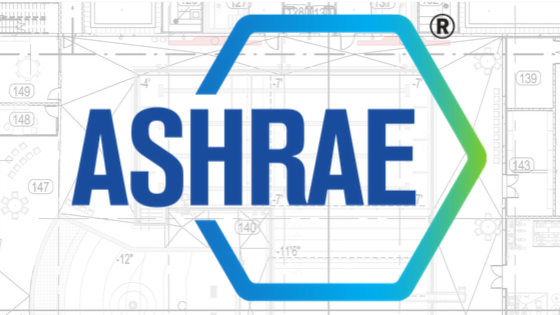
How do mechanical engineers know what to design for specific rooms, like natatoriums? What ...
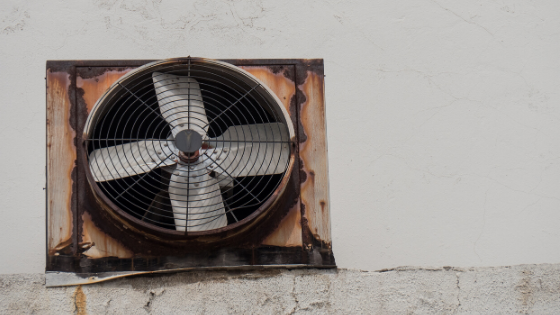
The old, obsolete approach to natatorium air quality sounded like "the solution to pollution is...
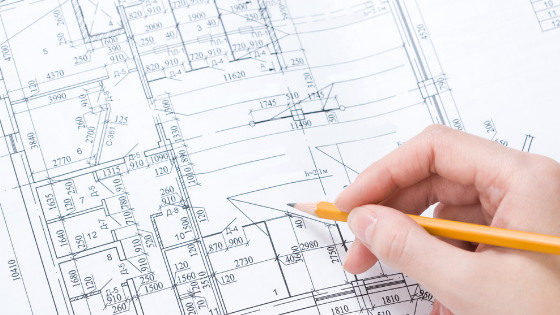
Natatorium design is a niche skill. Moreso than typical commercial buildings, indoor pools have...
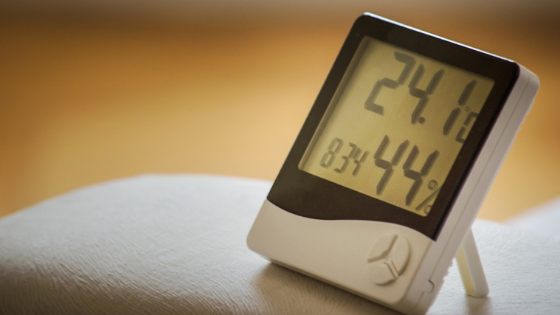
Relative Humidity (RH) is the amount of water vapor in the air, relative to how much the air can...
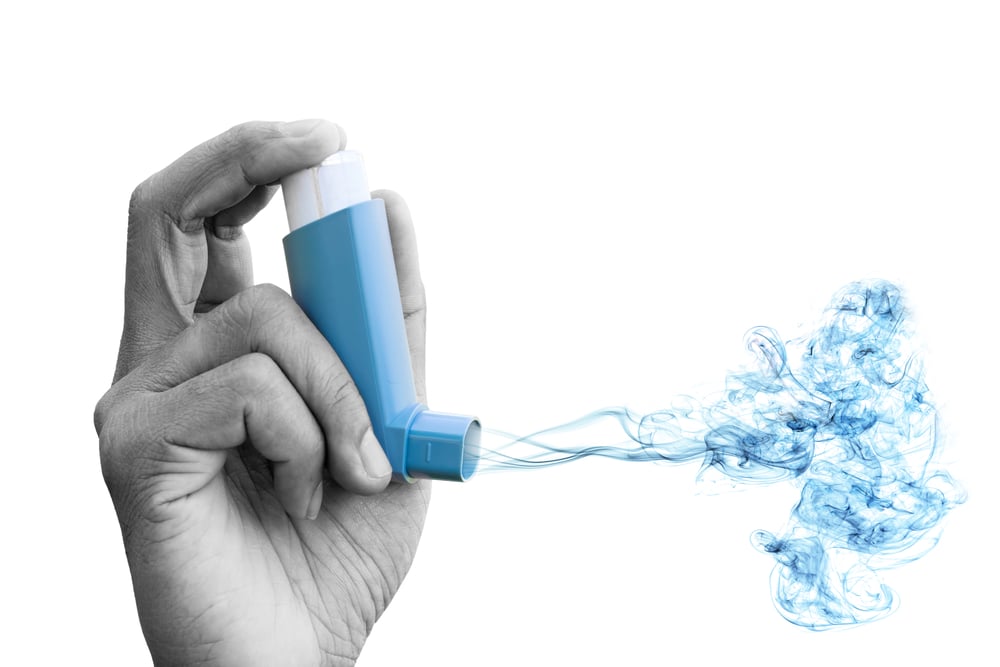
Want to learn more about the air side of the pool air quality problem? This article and its...
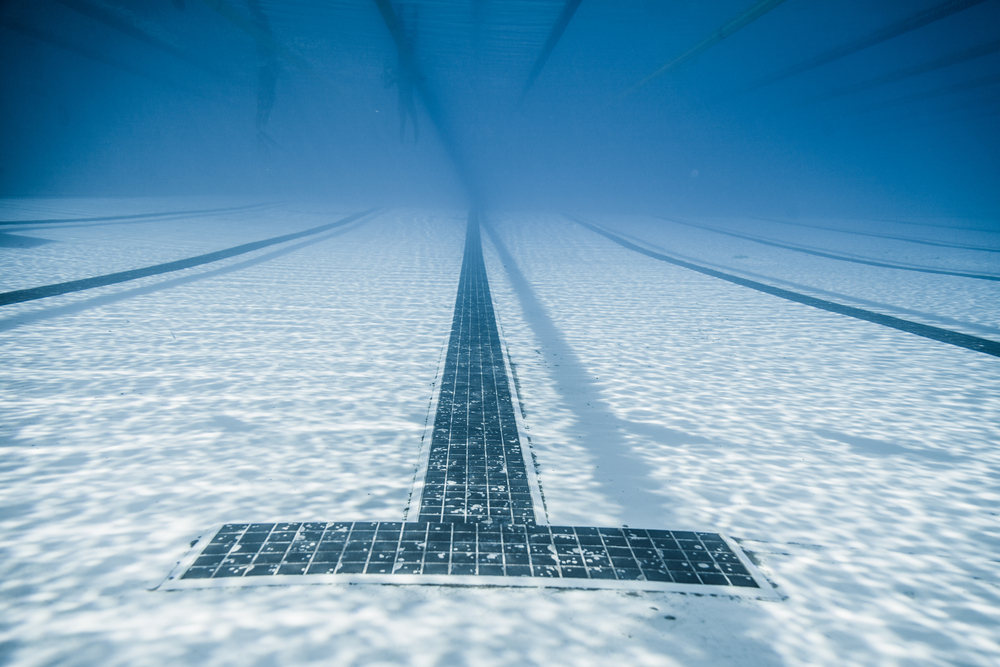
To truly understand the indoor air quality problem, we need to understand the different components...
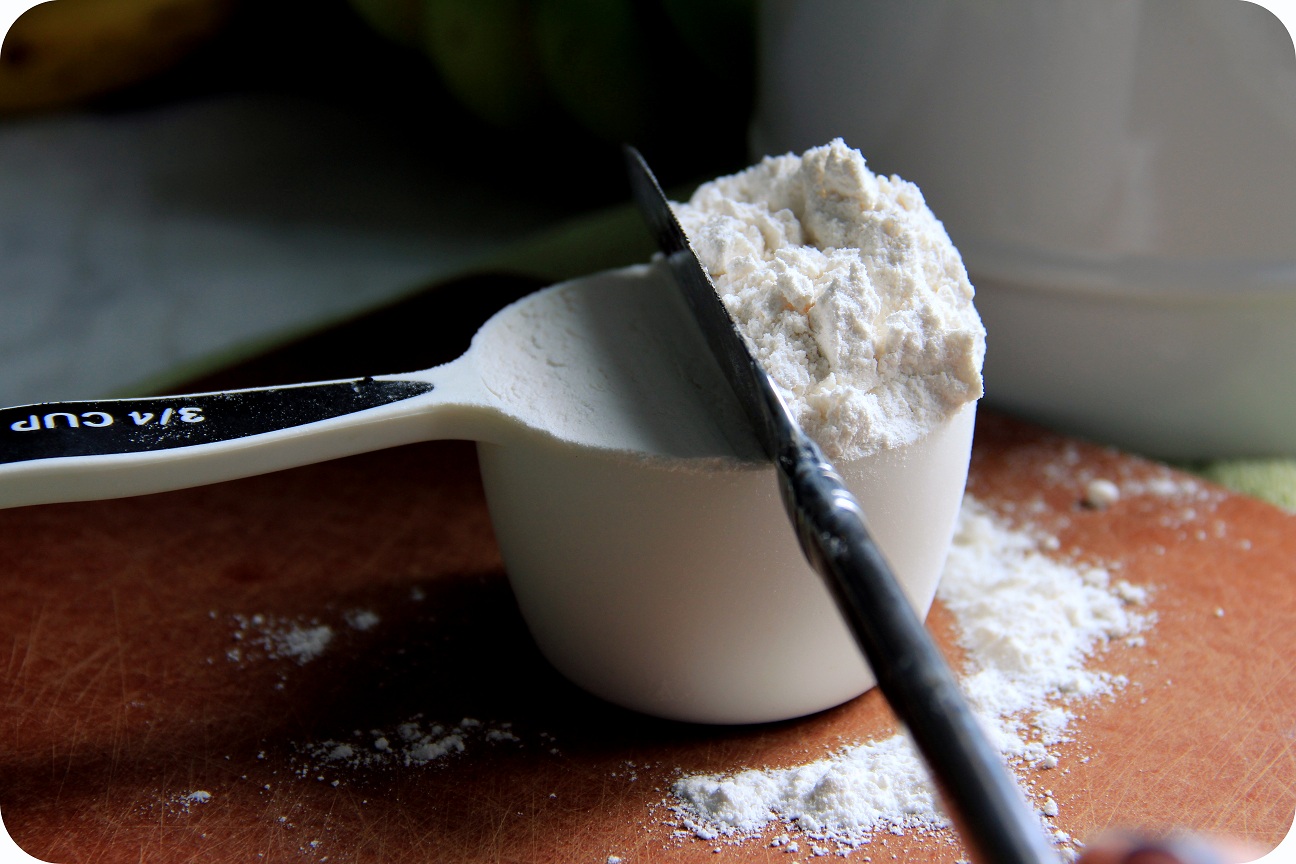
If you have ever been involved with a capital project, such as a new building or a big construction...
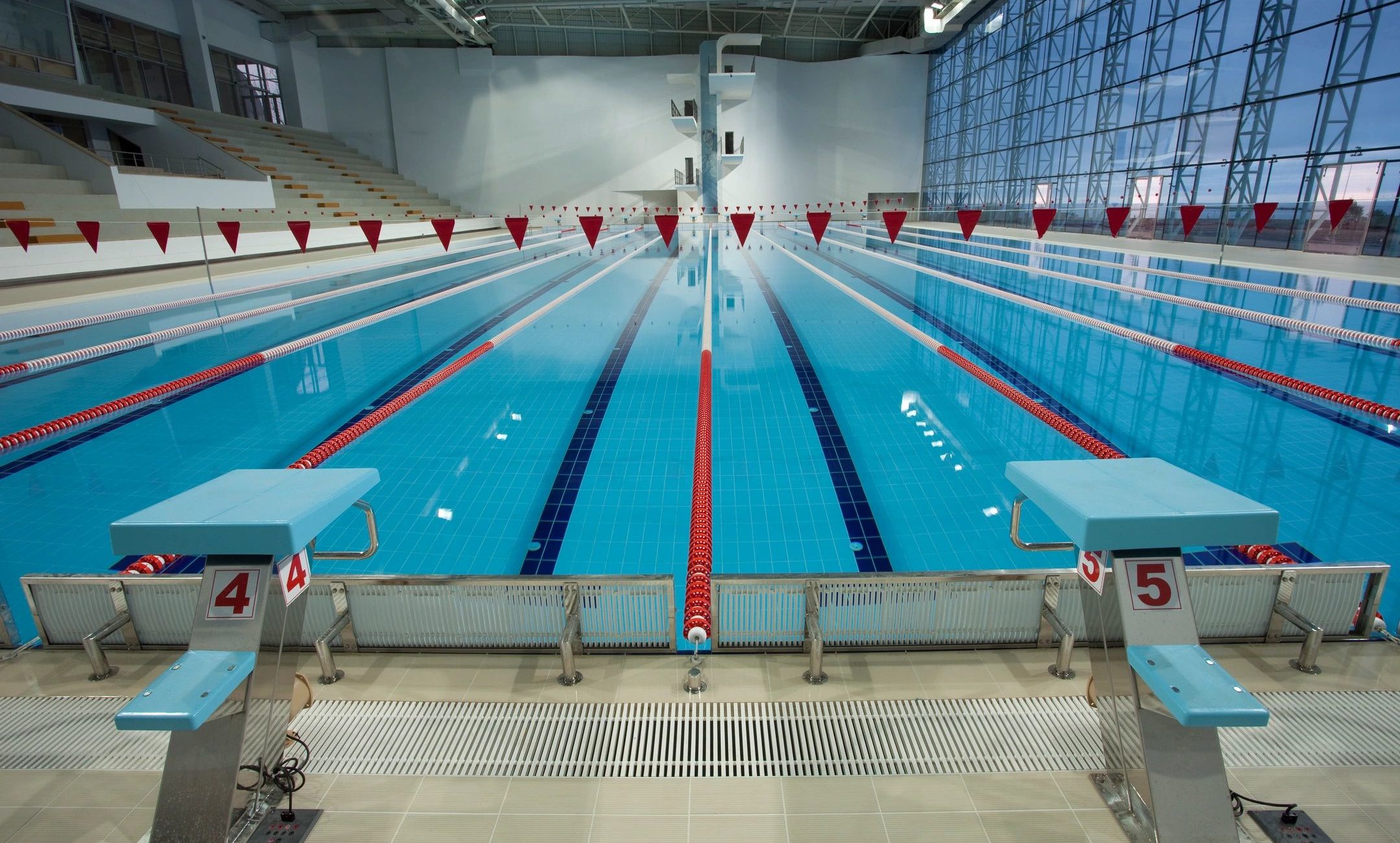
A natatorium is a room that contains an indoor swimming pool. These rooms are very unique and...